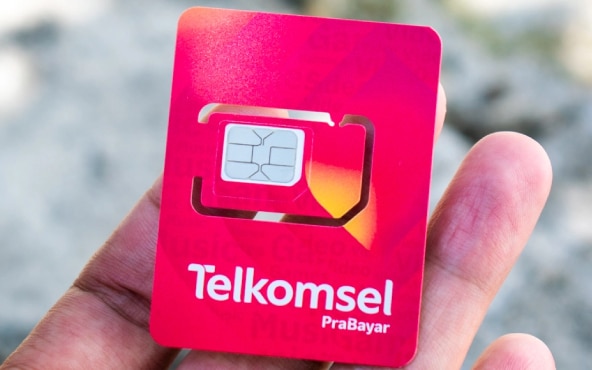
Introduction:
Bali, with its stunning landscapes and vibrant culture, has long been a dream destination for property investors worldwide. Whether you’re looking to purchase land for residential or commercial purposes, navigating the intricacies of the Indonesian real estate market can be daunting. In this comprehensive guide, we’ll break down the step-by-step process of acquiring land in Bali, covering both freehold and leasehold options, and provide valuable insights to help you make informed decisions.
Section 1: Understanding Freehold Ownership
What is Freehold Ownership?
Freehold ownership, also known as Hak Milik, grants the buyer full ownership rights over the land and any structures built on it indefinitely. Unlike leasehold, freehold ownership allows for unrestricted use, development, and inheritance of the property.
Eligibility and Restrictions
Foreigners are generally prohibited from owning land under freehold status in Indonesia, except in certain circumstances. Government regulations dictate that freehold land ownership is limited to Indonesian citizens, Indonesian companies, or foreign entities with a locally established company and approval from the Indonesian Investment Coordinating Board (BKPM).
Steps to Acquiring Freehold Land
- Engage Legal Representation: Seek guidance from reputable legal professionals specializing in Indonesian property law.
- Establish a Local Company: Foreign investors interested in acquiring freehold land must establish a locally registered company (PT PMA) in Indonesia.
- Obtain Necessary Approvals: Secure approval from the Indonesian Investment Coordinating Board (BKPM) for foreign-owned companies to purchase land.
- Conduct Due Diligence: Thoroughly research the property, including land titles, zoning regulations, and any encumbrances.
- Negotiate Purchase Agreement: Draft and negotiate a purchase agreement outlining the terms and conditions of the sale.
- Finalize Transfer: Complete the transfer of ownership by executing legal documents and paying associated taxes and fees.
Section 2: Exploring Leasehold Options
Understanding Leasehold Ownership
Leasehold ownership, or Hak Sewa, grants the buyer the right to use and develop the land for a specified period, typically ranging from 25 to 99 years. While leasehold ownership provides less security compared to freehold, it offers greater flexibility and is often more accessible to foreign investors.
Eligibility and Considerations
Foreigners are generally permitted to acquire land under leasehold status in Indonesia, subject to certain restrictions and regulations. Leasehold agreements may include provisions for lease extension, subleasing, and transferability, depending on the terms negotiated with the landowner.
Steps to Acquiring Leasehold Land
- Identify Suitable Property: Conduct thorough research to identify potential leasehold properties that meet your investment objectives and budget.
- Negotiate Lease Agreement: Engage in negotiations with the landowner to establish lease terms, including duration, rent payments, renewal options, and any restrictions on land use.
- Conduct Due Diligence: Perform due diligence on the property, including verifying land titles, lease agreements, and any encumbrances or restrictions.
- Draft Lease Agreement: Work with legal professionals to draft a comprehensive lease agreement that protects your interests and outlines rights and responsibilities.
- Finalize Lease Agreement: Execute the lease agreement with the landowner, ensuring all terms and conditions are clearly documented and understood by both parties.
- Register Lease Agreement: Register the lease agreement with the local land office to formalize the leasehold arrangement and ensure legal recognition and protection.
Conclusion:
Acquiring land in Bali, whether through freehold or leasehold ownership, requires careful consideration, due diligence, and compliance with Indonesian regulations. By following the step-by-step process outlined in this guide and seeking guidance from experienced legal professionals and real estate experts, investors can navigate the complexities of the Indonesian property market and unlock lucrative opportunities for investment and development in Bali’s thriving real estate sector.




